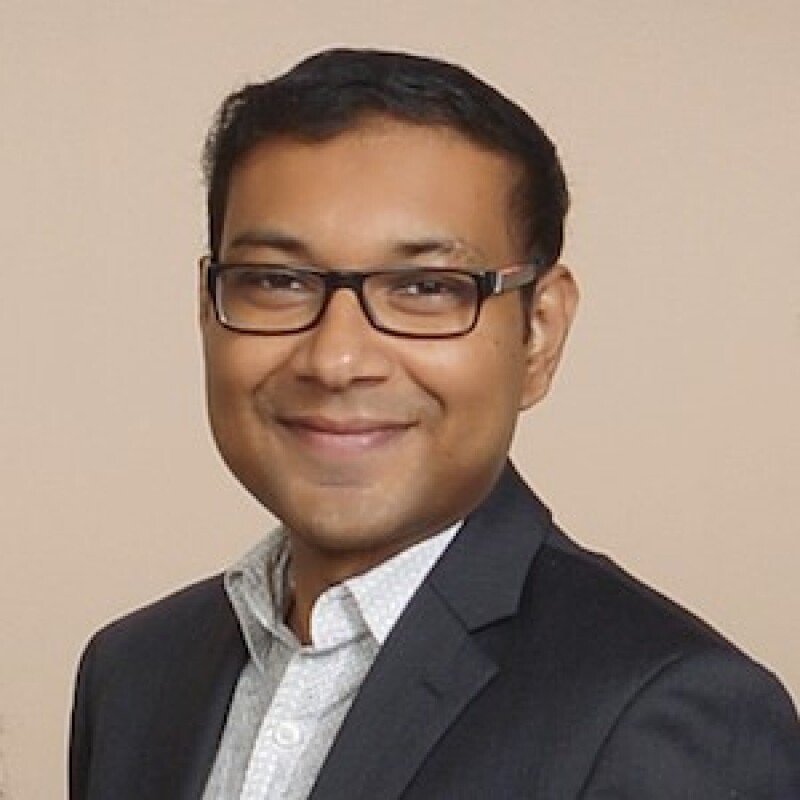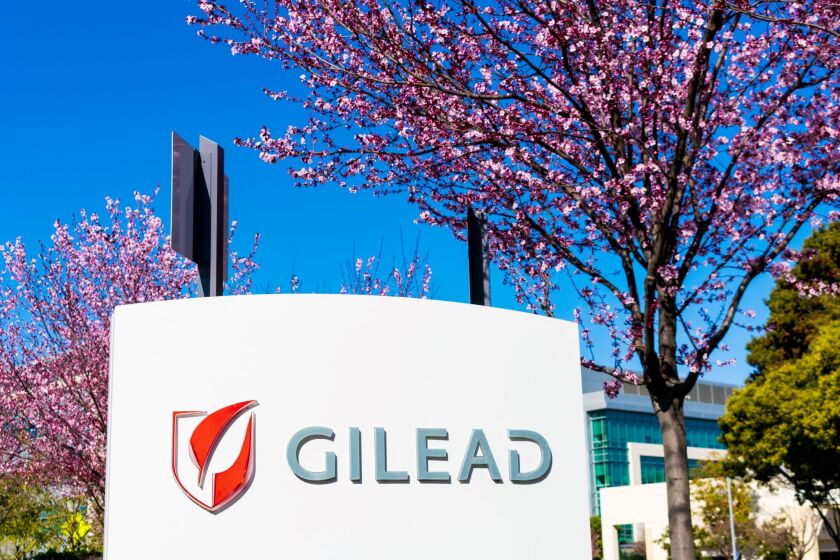Gilead’s senior IP counsel Samantak Ghosh, who moved from India to the US in 2003 to get a PhD in chemistry from Stanford University, was slated to have a very different career.
Ghosh was well on his way to becoming a professional scientist when he realised that working in a wet lab was not exciting him as much as he hoped.
“I wasn’t getting intellectual stimulation out of the repetitive nature of the work I was doing,” he tells Managing IP.
During a career consultation, he discovered law as one of the top recommended options.
He took some patent law classes during his PhD programme, leading him to eventually obtain a law degree and join WilmerHale as an associate in 2013. Ghosh moved to an in-house role at Gilead in 2018.
He says: “Pursuing a career in patent law felt like a natural transition because I could leverage my significant investment in scientific education.”
While he kickstarted his career with patent prosecution work, he gradually moved on to handling litigation, which is now his key responsibility at Gilead.
Below, Ghosh explains why he loves working on high-stakes patent litigation and offering pro bono support to those in need.

What’s the most exciting part of your job?
I have been lucky to be a part of some high-profile patent litigation and work on cutting-edge technologies.
For instance, I was involved in a case centred around CAR T-cell therapy, a technology used to treat blood cancer. Juno Therapeutics alleged that Kite Pharma, which Gilead bought in 2017, infringed their patent.
We took the case to the US Supreme Court (SCOTUS) and invalidated Juno’s patent. In the process, we saved Kite billions of dollars in damages and a significant running royalty of 27.6%. The ruling enabled Gilead and Kite to succeed in the immunotherapy space and provide this life-saving treatment to many patients.
Which trends are you keeping an eye on in the pharmaceutical patent domain?
One trend that we are seeing is a shift towards biologic drugs. At one point, the pharmaceutical industry was almost exclusively focused on small-molecule drugs. But that’s changing.
Also, because of some recent decisions from the SCOTUS and the Federal Circuit, it has become increasingly difficult to get broad patents in the biologics and antibodies space, even though that’s what many companies are trying to do.
We are at an important juxtaposition where there’s a big movement towards biologics, but at the same time, the courts are telling everyone to file narrowly tailored patents to protect downstream innovation by others.
What do you look for when hiring external counsel?
The first thing we assess is how suitable the law firm is for the job. Largely, that depends upon whether the firm has the right skills, team, and particular experience.
Once we get past that, we look at how thoroughly the firm has prepared its pitch – whether it has delved into the details of our business and the relevant legal issues or only conducted superficial research.
We also value diversity a lot at Gilead. We are always looking for teams with diverse attorneys, including women, representatives from minorities, and members of the LGBTQIA+ community.
How do you balance your responsibilities at Gilead and your pro bono legal work?
I love litigation that ultimately helps people. And when you like to do something, you find time for it.
Of course, commercial patent litigation is intellectually stimulating and is very important for the company. But anything I can do to help someone's life improve even a little bit gives me a lot of satisfaction.
I have worked with Compassion & Choices, a non-profit, to assist terminally ill patients seeking the right to medical termination of their lives. I have also drafted amicus curiae briefs on LGBTQIA+ rights in a case that went all the way to the SCOTUS.
These are civil rights – rights that are worth fighting for. It's an area where we, as lawyers, can make a difference and contribute towards making our society a little bit better.
What are you looking for next in your career?
I am always looking for more growth in my career. Gilead has provided many opportunities to me. Now, I’m trying to go beyond patent litigation and learn new areas of law. For example, I’m currently working on product liability and tax cases. I’m trying to stretch my limits and acquire more skills beyond what I already have.











